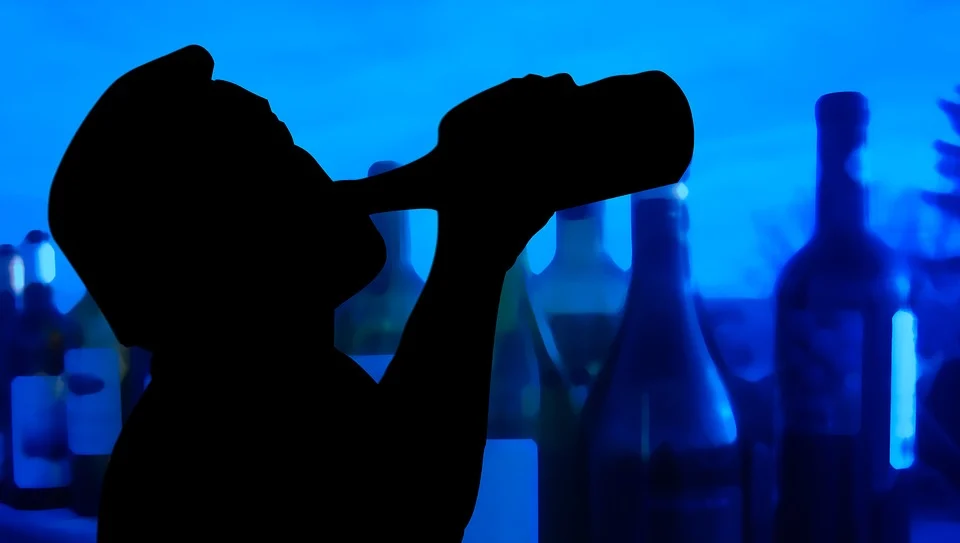A Spanish DUI (Driving Under Influence) Clinical Evaluation in Atlanta is a professional alcohol and drug screening conducted in Spanish for individuals who have been…
If you’re searching for an out of state DUI clinical evaluation, you’re likely facing a court, probation, or license requirement that must be completed outside…
If you searched for “DUI near Atlanta”, you’re likely trying to understand what actually happens after a DUI (Driving Under Influence), what the penalties look…
Getting a DUI once is stressful, but facing multiple DUIs can feel overwhelming and confusing.. At that point, the court, your employer, or even your…
When it comes to the world of SAP (Substance Abuse Professional) evaluations, the process can feel intimidating, especially if it’s your first time navigating it.…
Over 17 million people in the US suffer from alcoholism. This total includes men, women and even teenagers. Alcohol is legal so it is the…
Have you recently decided that you would like to end the dependency that you have on alcohol? If you have, you likely already know that…
Parties? It can be cool to join parties where you can eat, drink, and dance the night away. Drinking has been part of today’s customary…
As every car owner knows, the simplest way to avoid a DUI charge is always to refrain from getting behind the wheel when you’ve consumed…












